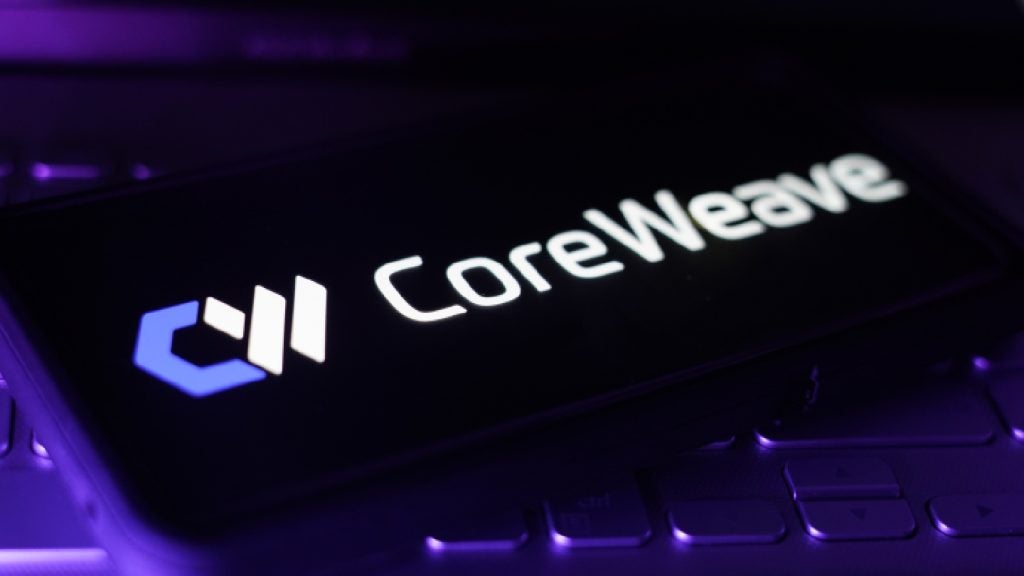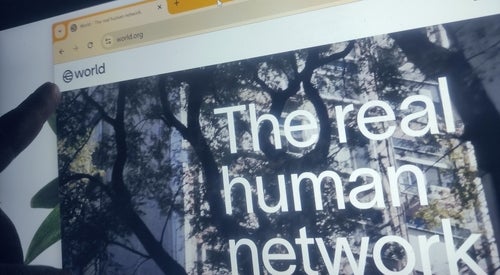Intuit has filed a patent for a method that recommends trip purposes to users of an application. The technique involves gathering travel data from a mobile device, sending it to a remote server, and receiving a recommended trip purpose based on the data. The purpose is determined using a purpose prediction model trained on input topics, which are determined using a topic prediction model trained on trip records. The recommended purpose is displayed in the application’s user interface, and users can label their trip records with the recommended purpose with a single interaction. GlobalData’s report on Intuit gives a 360-degree view of the company including its patenting strategy. Buy the report here.

Access deeper industry intelligence
Experience unmatched clarity with a single platform that combines unique data, AI, and human expertise.
According to GlobalData’s company profile on Intuit, Dynamic premium pricing was a key innovation area identified from patents. Intuit's grant share as of September 2023 was 60%. Grant share is based on the ratio of number of grants to total number of patents.
The patent filed is for recommending trip purposes in an application
A recently filed patent (Publication Number: US20230316155A1) describes a method and system for recommending trip purposes in a user interface of an application. The method involves gathering travel data through an application running on a mobile device and sending this data to a remote server. The remote server then uses a purpose prediction model and a topic prediction model to determine a recommended trip purpose based on the travel data. The purpose prediction model is trained to output trip purposes based on input topics, while the topic prediction model is trained to output topics based on input trip records. The recommended trip purpose is displayed in the user interface of the application, and a user can label a trip record with the recommended purpose through a single interaction with a user interface element.
The method also includes additional features such as gathering travel data for each trip, including start and end locations, mileage, and time associated with the trip. User feedback can be detected through user interface interactions and transmitted to the remote server. If a user rejects the recommended trip purpose, user feedback is sent to the remote server based on this rejection. The user can also provide an alternate trip purpose through the user interface.
The system described in the patent includes one or more processors and a memory storing instructions that, when executed, perform the method described above. The system gathers travel data through an application on a mobile device, sends the data to a remote server, receives a recommended trip purpose from the server, and displays it in the user interface of the application. The system also provides user interface elements for labeling trip records and specifying trip purposes.
The patent also describes a variation of the method where the purpose prediction model is trained based on a topic model. The topic model represents words associated with topics based on statistical analysis of trip purposes and is built using an unsupervised generative technique. This variation still involves gathering travel data, sending it to a remote server, receiving a recommended trip purpose, and displaying it in the user interface.
Overall, this patent presents a method and system for recommending trip purposes based on travel data, using prediction models and user interface interactions. It aims to provide users with personalized recommendations for trip purposes, improving the user experience and efficiency of trip planning.
To know more about GlobalData’s detailed insights on Intuit, buy the report here.
Data Insights
From

The gold standard of business intelligence.
Blending expert knowledge with cutting-edge technology, GlobalData’s unrivalled proprietary data will enable you to decode what’s happening in your market. You can make better informed decisions and gain a future-proof advantage over your competitors.







